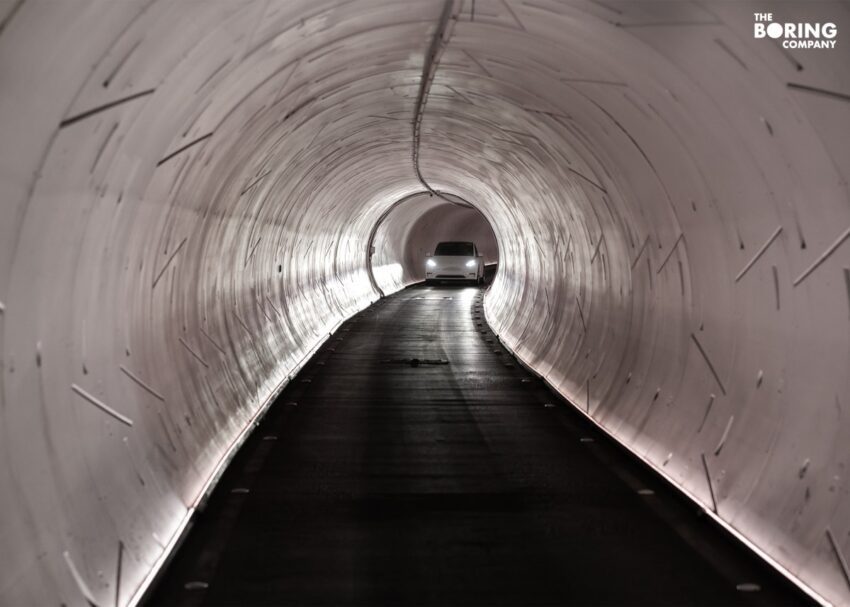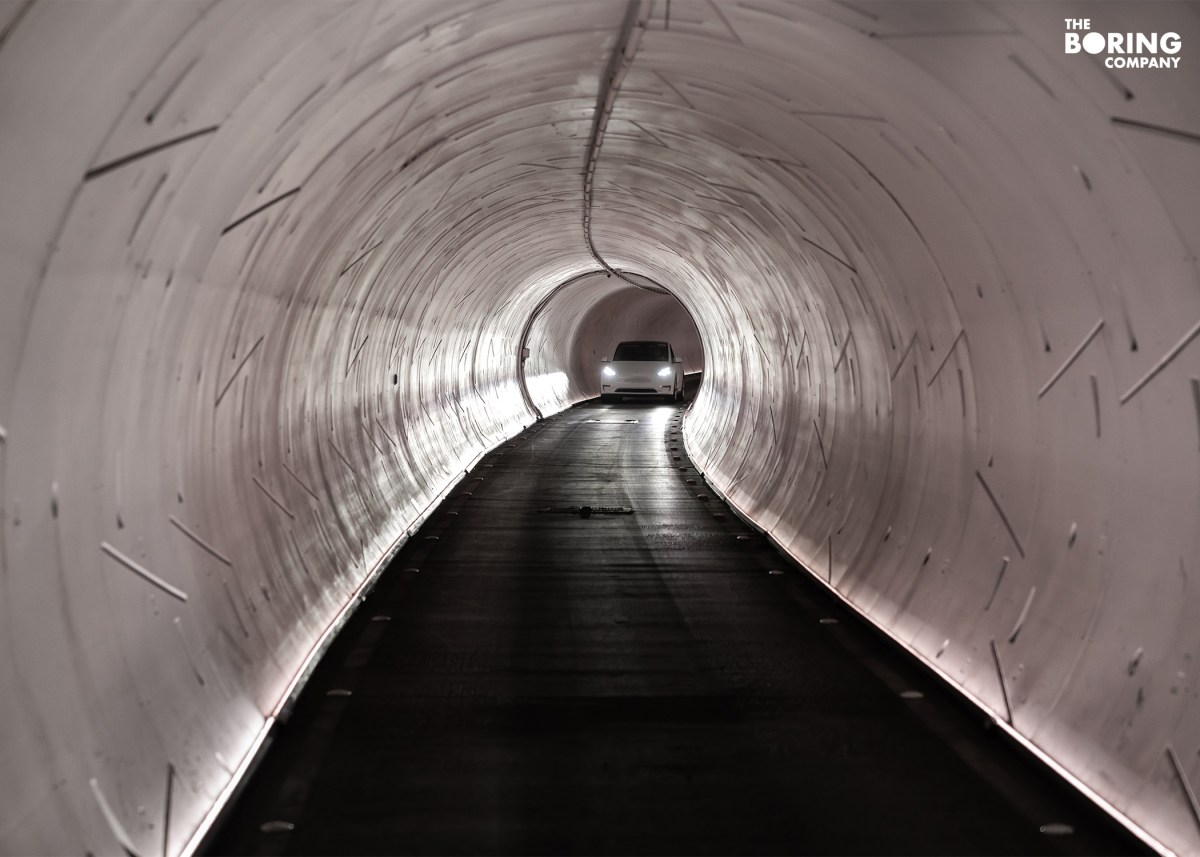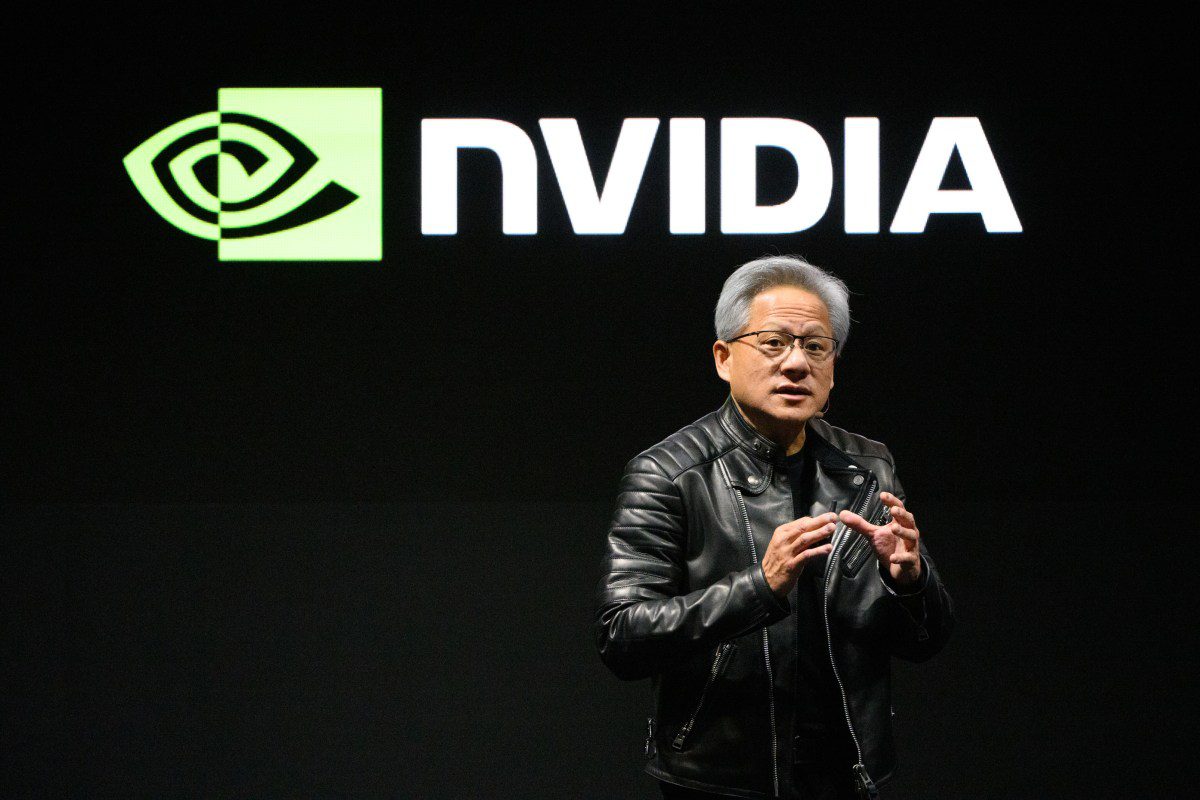
elon musk vs the regulators Elon Musk is once again at the center of a regulatory storm, as his ventures face increasing scrutiny from government agencies.
elon musk vs the regulators
Background on Elon Musk’s Ventures
Elon Musk, the CEO of Tesla and SpaceX, has long been a polarizing figure in the tech industry. His ambitious goals, ranging from electric vehicles to space exploration, have often put him at odds with regulatory bodies. Musk’s approach to innovation frequently challenges existing frameworks, leading to both groundbreaking advancements and significant controversies.
In recent years, Musk has expanded his influence into various sectors, including transportation, energy, and even social media. His ventures, particularly Tesla, have transformed the automotive landscape, pushing the boundaries of electric vehicle technology. However, this rapid innovation has also attracted the attention of regulators concerned about safety, consumer protection, and market competition.
The Current Regulatory Landscape
As of 2025, regulatory scrutiny of Musk’s companies has intensified. The U.S. government, alongside international regulatory bodies, is increasingly focused on ensuring that emerging technologies adhere to safety and ethical standards. This scrutiny is particularly pronounced in sectors where Musk operates, such as automotive, aerospace, and artificial intelligence.
Automotive Regulations
Tesla has been a pioneer in the electric vehicle market, but its rapid growth has raised questions about safety and regulatory compliance. The National Highway Traffic Safety Administration (NHTSA) has launched multiple investigations into Tesla’s Autopilot feature, which has been linked to several accidents. Critics argue that the company has been too aggressive in marketing its autonomous driving capabilities, potentially misleading consumers about the technology’s readiness.
In response to these concerns, the NHTSA has implemented stricter guidelines for autonomous vehicles, requiring manufacturers to demonstrate the safety and reliability of their technologies before they can be widely adopted. This regulatory shift aims to prevent accidents and ensure that consumers are adequately informed about the capabilities and limitations of autonomous systems.
Aerospace Regulations
SpaceX, another of Musk’s flagship companies, has also faced regulatory challenges. The Federal Aviation Administration (FAA) oversees commercial space launches, and SpaceX has had to navigate a complex web of regulations to secure launch licenses. Recent incidents, including a high-profile rocket explosion, have prompted the FAA to reevaluate its oversight of commercial spaceflight.
The FAA’s increased scrutiny is part of a broader trend toward more stringent regulations in the aerospace sector. As commercial space travel becomes more common, regulators are tasked with ensuring safety while fostering innovation. This balancing act is particularly challenging given the rapid pace of technological advancement in the industry.
Implications for Musk and His Companies
The growing regulatory pressures on Musk’s companies could have significant implications for their operations and future growth. While regulatory compliance is essential for ensuring safety and consumer trust, it can also slow down innovation. Musk has often positioned himself as a disruptor, challenging traditional industries and pushing for rapid advancements. However, increased regulation may force him to adapt his approach.
Impact on Innovation
One of the primary concerns surrounding increased regulation is its potential impact on innovation. Musk has been known for his willingness to take risks and push boundaries. However, as regulatory frameworks become more stringent, there may be less room for experimentation. This could slow the pace of technological advancements in sectors where Musk operates, particularly in electric vehicles and space exploration.
Moreover, the regulatory landscape could affect Musk’s ability to launch new products and services. For instance, if Tesla faces delays in obtaining necessary approvals for new autonomous driving features, it could hinder the company’s competitive edge in the automotive market. Similarly, SpaceX may encounter challenges in expanding its commercial spaceflight offerings if regulatory hurdles become more pronounced.
Stakeholder Reactions
The reactions from various stakeholders to Musk’s regulatory challenges have been mixed. Investors, for example, are closely monitoring the situation, as regulatory setbacks could impact the financial performance of Musk’s companies. While many remain optimistic about the long-term potential of Tesla and SpaceX, concerns about regulatory compliance could lead to increased volatility in stock prices.
Consumers, too, have expressed a range of opinions. Some admire Musk’s vision and are willing to overlook regulatory issues in favor of the innovative products he offers. Others, however, are concerned about safety and the ethical implications of rapidly advancing technologies. As regulatory bodies take a more active role in overseeing Musk’s ventures, consumer confidence may be influenced by how well these companies address safety concerns.
The Future of Musk and Regulatory Relations
Looking ahead, the relationship between Musk and regulatory bodies will likely continue to evolve. As technology advances, regulators will need to adapt their frameworks to keep pace with innovation. This dynamic could lead to ongoing tensions as Musk seeks to push the boundaries of what is possible while regulators work to ensure public safety and ethical standards.
Potential Collaborations
Despite the challenges, there is potential for collaboration between Musk’s companies and regulatory bodies. As both sides recognize the importance of safety and innovation, there may be opportunities for dialogue and partnership. For instance, regulators could engage with industry leaders to better understand emerging technologies and develop guidelines that foster innovation while ensuring public safety.
Such collaborations could lead to more effective regulatory frameworks that balance the need for oversight with the desire for innovation. By working together, Musk and regulators could create an environment that encourages technological advancements while prioritizing consumer safety and ethical considerations.
Conclusion
Elon Musk’s ventures are at a critical juncture as they navigate an increasingly complex regulatory landscape. The challenges posed by regulatory scrutiny could impact the pace of innovation and the future growth of Tesla, SpaceX, and other Musk-led companies. However, there is also potential for collaboration between Musk and regulators, which could lead to more effective oversight that supports innovation while ensuring safety. As the future unfolds, the relationship between Musk and regulatory bodies will be closely watched by stakeholders across the tech industry.
Source: Original report
Was this helpful?
Last Modified: October 13, 2025 at 3:36 am
0 views















